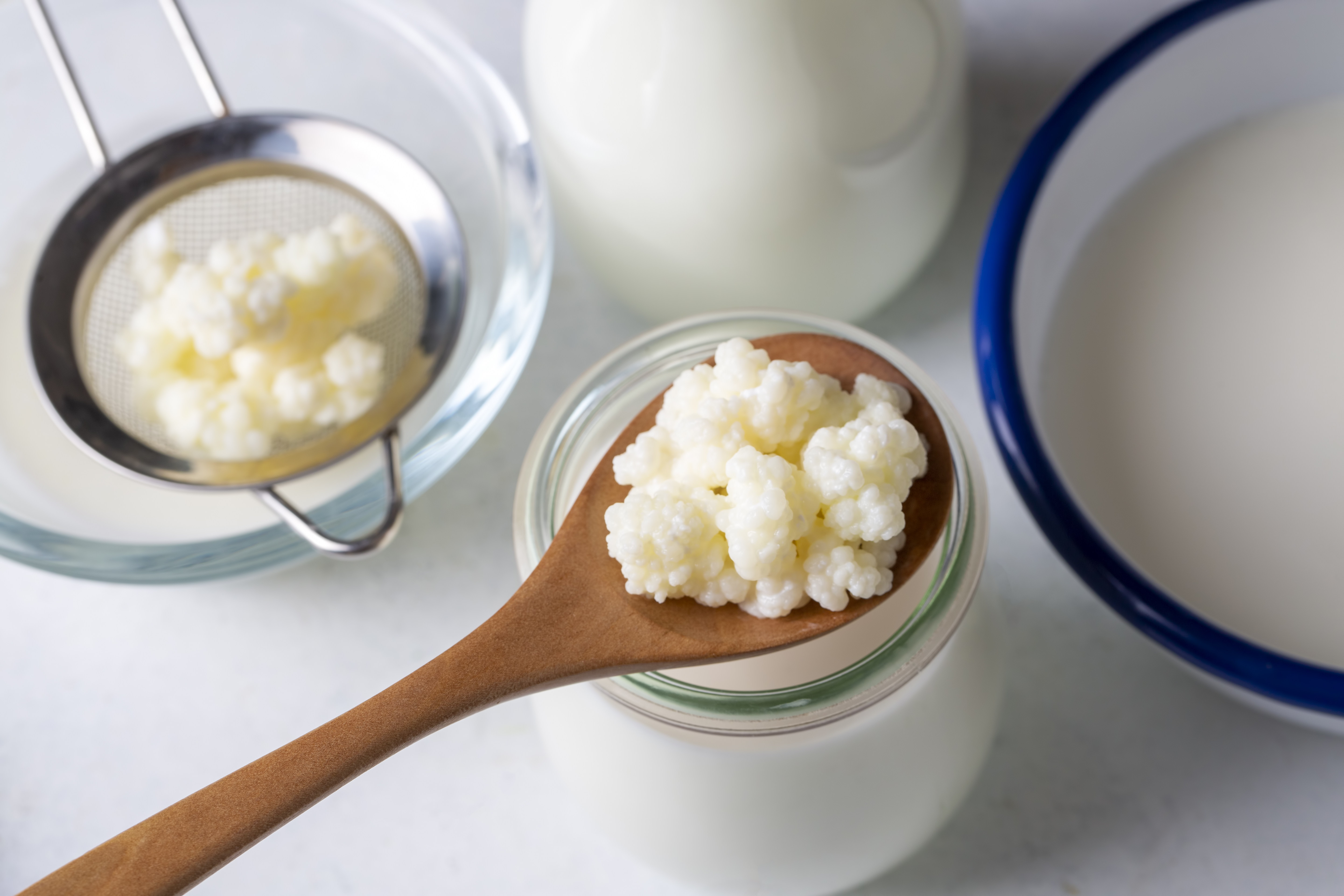16 Unexpected Foods to Improve Your Gut-Brain Connection
The gut-brain connection, often referred to as the "second brain," is a complex system that links our digestive system with our cognitive functions. This intricate relationship is facilitated by the gut-brain axis, a bidirectional communication network involving the central nervous system, the enteric nervous system, and the gut microbiota. Recent research has illuminated how this connection influences our mental health, mood, and even our decision-making processes. The gut houses trillions of microorganisms that produce neurotransmitters such as serotonin and dopamine, which are crucial for brain function. Understanding the significance of this connection is vital, as it opens new avenues for improving mental and physical health through dietary interventions. This article delves into 16 surprising foods that can enhance this link, offering insights into how these foods can promote a healthier gut and, consequently, a sharper mind. By exploring these dietary choices, we aim to empower you with the knowledge to make informed decisions that could positively impact your overall well-being.
1. Kefir—Probiotics

Probiotics are live microorganisms that confer health benefits when consumed in adequate amounts. They play a vital role in maintaining a balanced gut microbiota, which is essential for a healthy gut-brain connection. Probiotics enhance the gut's microbial diversity, which is crucial for producing neurotransmitters and other compounds that influence brain function. These beneficial bacteria also help protect the gut lining, reducing inflammation and preventing harmful substances from entering the bloodstream. Probiotics can be found in fermented foods such as yogurt, kefir, sauerkraut, and kimchi. Incorporating these foods into your diet can improve gut health, leading to better mental clarity and mood stability. Research has shown that certain strains of probiotics can reduce symptoms of anxiety and depression, highlighting their potential as a natural intervention for mental health issues. By supporting a healthy gut microbiota, probiotics can strengthen the gut-brain connection, enhancing overall well-being.
